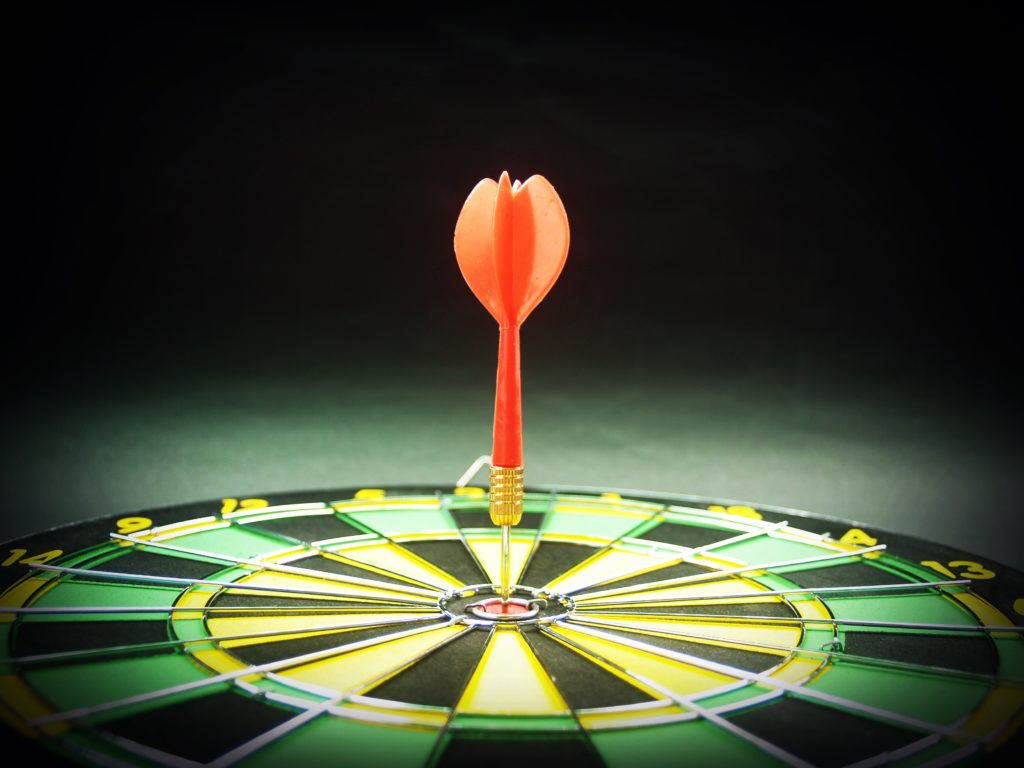
After spending a few years practicing mindfulness I noticed a dramatic change in the quality of my performance. Overall I was making less mistakes on my instrument, which led to a more relaxed feeling on stage. Looking more deeply at this phenomenon, I realized that a majority of the mistakes I typically made were a result of a focus. I knew there were collations between focus and mindfulness, but in what specific way?
In a study by Antion Lutz et al. (2009), a team of researchers looked into the effect of mindful meditation on focus. The two practitioner groups were assigned varying levels of a daily attention meditation practice, such as breath awareness, and participated in a barrage of tests to measure focus before and after the study. After three months, both meditation groups saw a marked increase in their ability to sustain focus through the tests. Additionally, the amount of energy it took these participants to sustain their focus was reduced, indicating they had an easier time with high-focus tasks.
This last result should especially grab the attention of performers. A long piece in a recital, or lengthy orchestra concert can leave us feeling drained. Besides the physical exertion of performance, there is a heavy mental taxation. As I mentioned earlier, I think most of my mistakes in performance come from focus—either it wasn’t aimed in the proper direction, or there wasn’t enough left in the tank. I can deal with a bit of physical exhaustion toward the end of a performance, but if my mental strength wanes, I notice a more substantial drop in quality.
Next time you are practicing your instrument (or while performing if you are really brave), notice when your focus veers away from the task at hand. You might notice yourself thinking of what groceries you need to get, or an awkward conversation you had recently. Make a note of this. You might be surprised how often you could be more engaged in the moment of music making.
Lutz, A., Slagter, N. B., Francis, A. D., Greischar, L. L., Davidson, R. J. (2009). Mental Training enhances attentional stability: Neural and behavioral evidence. J Neurosci, 29(42), 13418-13427. doi: 10.1523/jneurosci.1614-09.2009
